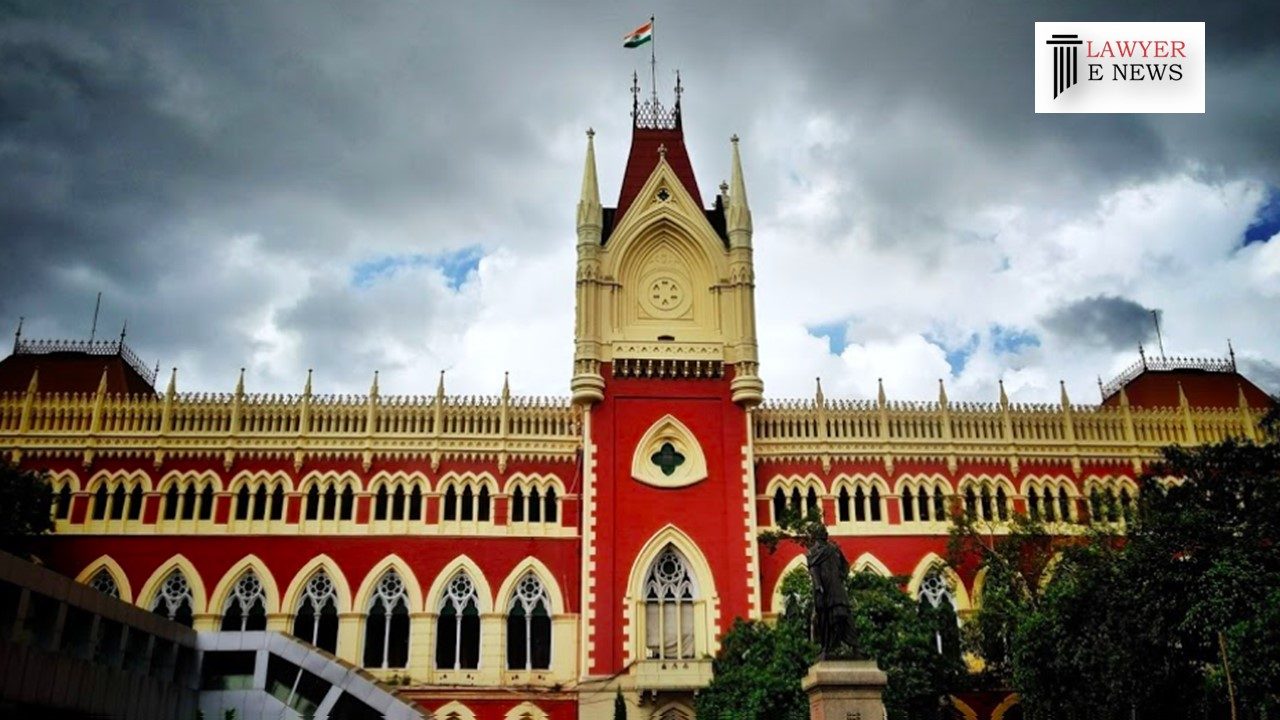-
by Admin
15 February 2026 5:35 AM



In a significant judgment delivered by the Hon’ble Justice Shampa Dutt (Paul) of the Calcutta High Court, the conviction of Prasad Ray @ Roy under Sections 304 Part II and 328 of the Indian Penal Code (IPC) has been upheld, though the sentence has been modified. The appellant was accused of causing the death of Jagadish Mandal by administering poisoned ‘Tari’, an alcoholic beverage.
Legal Framework and Factual Background
Prasad Ray was initially convicted by the Additional Sessions Judge, Malda, for causing death by knowledgeably administering a poisoned alcoholic drink, resulting in one death and serious illness to others. The appeal raised in the High Court challenged the sufficiency of motive and direct evidence linking the accused to the crime.
Examination of Evidence and Legal Precedents
The High Court meticulously reviewed witness testimonies and medical reports confirming the presence of poison. Despite some witnesses turning hostile, the corroborated accounts and medical evidence pointed towards a clear case of poisoning.
Relying on precedents like Sharad Birdhichand Sarda vs State of Maharashtra and State of Bihar Vs Ramnath Prasad & Ors, Justice Dutt noted that the lack of a direct motive does not preclude a conviction under the IPC if the accused had knowledge of the harmful effects of their actions. This nuanced interpretation underscores the principle that knowledge of the lethality of an action can equate to criminal culpability in cases of poisoning.
Decision and Modified Sentence
While the court affirmed the trial court’s conviction, it recognized the need to modify the severity of the sentences based on the circumstances surrounding the incident. The sentences for both Sections 304 Part II and 328 IPC have been reduced to five years each, to run concurrently.
Conclusion
Justice Dutt’s judgment emphasizes that criminal liability can arise not only from direct intent but also from recklessness or knowledge of potential harm. This decision serves as a stern reminder of the responsibilities associated with handling substances that can cause harm.
Date of Decision: April 29, 2024
Prasad Ray @ Roy vs The State of West Bengal
